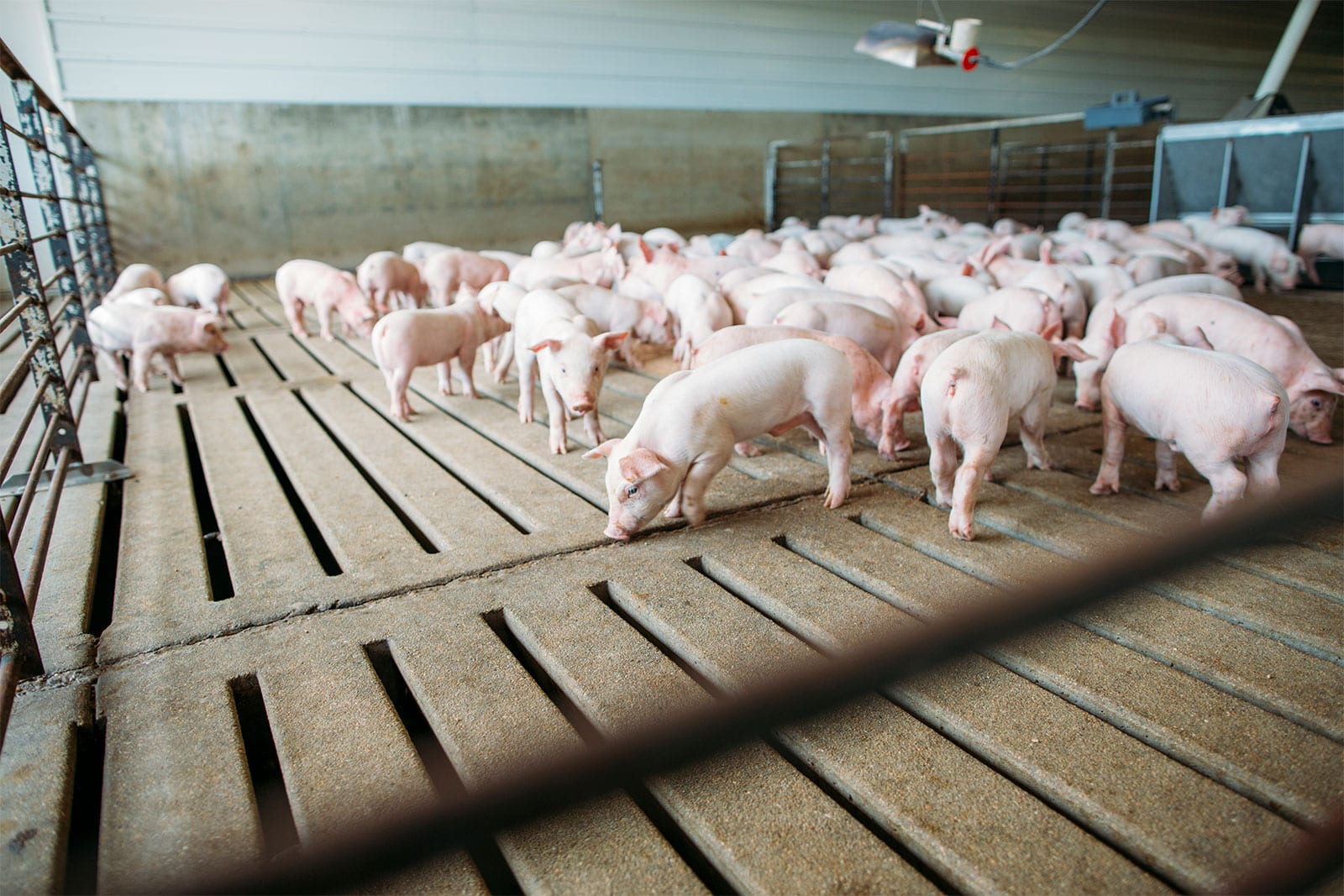Doane Advisory Services’ recently updated International Report, which includes ten-year forecasts for soybeans, coarse grains, corn, wheat, cotton, and rice for 17 countries or major regions that encompass the world. The report distills and conveys big-picture trends found in the global data on a semi-annual basis.
African Swine Fever (ASF) is greatly accelerating a major transformation in the world hog industry. Backyard operations hog operations have limitations concerning the operator’s ability to limit environmental damage and control health problems. The challenge for developing countries is how to implement policies that encourage construction of world-class hog operations while realizing the policies will bankrupt small hog operations that employ a significant number of people.
According to China’s Agriculture Ministry, ASF has reduced the market hog population by 42% and several organizations are forecasting that 50% of China’s hog herd will be eliminated. Chinese officials suggest the swine industry is finally controlling the disease, which means the earliest the China’s swine industry could expand is the fourth quarter of 2020. The fact that ASF has no cure and no vaccine and tends to persist in infected areas implies recurrent issues anywhere it has previously broken out. In addition, the latest reports indicate ASF is continuing to spread in Eastern Europe. It has shown up in both North and South Korea and seems destined to cover Southeast Asia and probably India. South Korea has been very aggressive in trying to contain its outbreak near the North Korea border.
China’s meat sector has responded by importing more meat and investing heavily in poultry operations to offset some of the lost pork production. Chinese government officials have reported they will invest heavily in world-class hog operations that will quickly bring production back online. The ability of hogs to reproduce makes this very easy to do from a biological standpoint. From a financial standpoint, investing in a hog barn with a fully operational sow breeding operation is very risky without a vaccine for ASF. Doane believes a widespread available vaccine is two years away.
Long-term, ASF should be positive for grain and vegetable meal consumption. World-class hog operations feed precise diets that require quality feed ingredients. For example, after the piglet is weaned, it is crucial that high levels of amino acids are maintained in the diet to allow the pig to achieve its genetic potential for lean growth. Of course, high amino acids levels are a major feed ingredient advantage for soybean meal. Replacing backyard small operations with commercial operations will increase consumption of grains and vegetable meals. Also, the increase in commercial chicken production is forecast to continue to increase. The switch from backyard to commercial meat production is very beneficial to grain and vegetable meal consumption.
